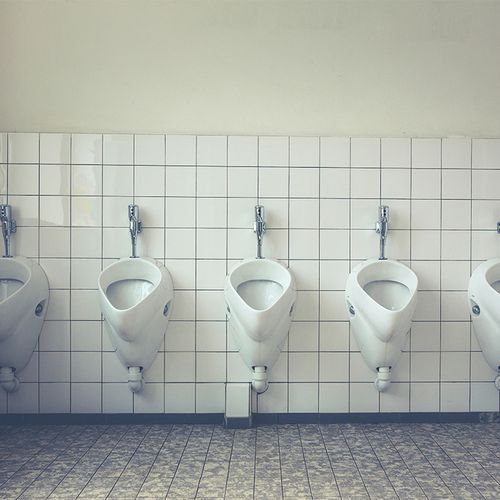With endometriosis, tissue from the endometrium (uterine lining) migrates outside the uterus via the fallopian tubes, then grows on the ovaries, fallopian tubes, rectum, bladder and/or pelvic lining.
During menstruation, this displaced tissue behaves as it would if it were in the uterus-it thickens, breaks down and bleeds. Trapped blood inflames surrounding tissues, which can lead to internal scarring, Resulting pain ranges from mild to incapacitating...scarring can impair fertility. Symptoms usually ease after menopause, though hormone therapy may lead to flare-ups.
Conventional treatment typically involves oral contraceptives, which block the effects of natural hormones on the growths outside the uterus...or the drug leuprolide (Lupron), which stops menstruation.
Downside: These drugs can cause weight gain and mood swings. When medication does not bring sufficient relief, patients may be advised to have endometriosis tissue surgically removed or to have a hysterectomy. But as with all surgery, these options carry risks for infection and complications.
Natural approaches may help you avoid drugs and surgery. Try…
- Anti-inflammatory diet. This reduces the inflammation caused by trapped menstrual blood. To increase intake of anti-inflammatory omega-3 fatty acids, eat more fatty fish (herring, mackerel), flaxseeds and walnuts...and take a daily fish oil supplement. Every day, eat several servings of vegetables and fruits, which are rich in antioxidants. Avoid inflammation-promoting refined cabuliydiates (white bread, doughnuts)... eat more whole grains (brown rice, bulgur).
- Pelvic floor physical therapy. Chronic muscle tension in the abdomen, legs and pelvic floor may result from a conditioned response to pelvic pain, exacerbating discomfort. Pelvic floor physical therapy from a specially trained therapist can reduce muscle tension and improve day-to-day functioning.
Also helpful: Yoga, stretching.
- Botanical supplements. Black cohosh, black haw and/or ginger may help by reducing the effects of inflammatory enzymes and proteins, boosting antioxidants or reducing sensitivity to painful stimuli. Supplements can cause side effects or interact with medications, so consult a holistic doctor for dosage and usage guidelines. Do not take black cohosh or black haw if you have a history of breast cancer. Do not take ginger if you have a bleeding disorder or gallstones.
- Acupuncture. Various studies suggest that this can ease the pain of endometriosis, though the exact mechanism is not known.
Find a practitioner: Contact the American Association of Acupuncture and Oriental Medicine (866-455-7999, www.aaaomonline.org).
Simplest: Use a heating pad...or take a warm bath to ease discomfort.
Faster Prolapse Recovery
With vaginal prolapse, the uterus, vaginal wall, rectum and/or bladder drop from the normal position and may protrude outside the vaginal opening.
Breakthrough: Compared with patients who had traditional open surgical repair, those who had less invasive robotic-assisted surgery had fewer complications, shorter hospital stays and faster recovery.
To find a surgeon experienced in this specific technique, inquire at a large teaching medical center.
Help for Hot Flashes
When 454 postmenopausal women who suffered from moderate to severe hot flashes used estradiol (Evamist)—a spray-on product containing estrogen-or a placebo spray for 12 weeks, the estradiol group had an average of eight fewer hot flashes per day, compared with an average of four fewer hot flashes daily for the placebo group.
Unlike oral estrogen therapy, the spray form does not appear to increase risk for side effects, such as blood clots.
Menopause Raises Cholesterol, Increasing Heart Disease Risk
The average LDL (bad) cholesterol count jumps by about 9% in the two-year window surrounding the final menstrual period. Total cholesterol levels also increase by about 6.5%.
Important: Women undergoing menopause should take steps to keep their cholesterol under control.
Among the strategies: Regular exercise... maintaining a healthy weight...not smoking... and taking cholesterol-lowering medications.
Could Iron Skillets Harm Your Health?
There's no reason to get rid of your skillets. Iron overload-an excessive buildup of iron that can lead to organ damage-is primarily a genetic problem. Though a woman's need for iron is reduced once this mineral is no longer lost during menstruation, you are unlikely to get iron overload from cookware.
However, to be safe, consider using another type of pan when cooking acidic foods, such as applesauce and tomato-based items. Highly acidic foods heated in iron skillets do absorb significant amounts of the mineral-especially when foods are heated for a long time and stirred frequently, as many sauces are.
